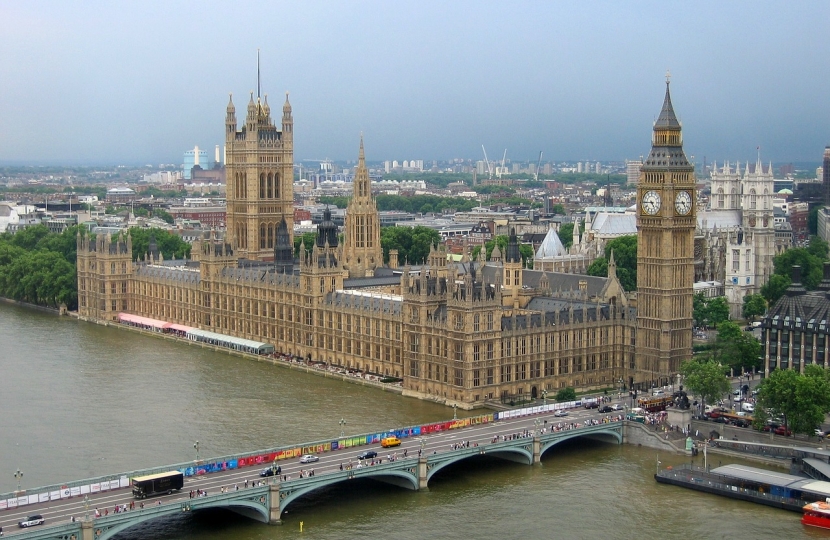
Today, Parliament will debate the renewal of the provisions of the Coronavirus Act. Richard's views are set out below:
" Three ironies stalk the passage of the Coronavirus Act into law and the motion today that would renew the emergency powers enabled by it.
An irony that I, and our government, were elected less than a year ago to extend freedom and enterprise under the mission of “levelling up” yet have, under this Act, taken measures in pursuit of a public health mission that will expropriate vast amounts of private wealth, damage livelihoods and temper the entrepreneurial spirit of our nation.
An irony that the Leader of the Opposition, having built a career defending international human rights, has shown neither interest nor voiced dissent as restriction after restriction is placed on long held basic freedoms of our people: to assemble to practice our faith, to meet with family and friends; how we dress and when we can sing.
An irony that Parliament, having been so zealous in its questionable presumption of powers over Brexit has so cravenly permitted its servility to the executive and the minimization of its functions of debate and oversight.
In the debate last March on the Coronavirus Bill, I said that the Government needed an Exit Strategy. It still needs one. We have hope for a vaccine; hope for widespread and effective testing; hope that growing immunity will halt the spread of the virus to those who are vulnerable. Yes, we have hope, and hope is important, but hope is not an exit strategy.
In the absence of an exit strategy, the government is pursuing a containment strategy with all the energies it can muster. In the debate on Monday, the Secretary of State for Health made this clear stating “Without a doubt in my mind, the central question about the control of the virus, and one that I ask myself every day, is, “How do we best keep people safe from this virus while protecting liberty and livelihoods and the things that make life worth living?” I believe that in reality there is not a simple trade-off between those things, because the exponential growth of the virus means that there are in reality only two paths: either to control the virus or to let it rip.”
This clarity is helpful, but it does not enlighten us on the foundation for each decision to take emergency powers under this Act: decisions premised upon mathematical modelling of future behaviour or viral transmission; or on evidence drawn from the measures that have already been taken in the UK or elsewhere.
It also leaves unanswered the scope that should remain a matter of personal decision rather than be regulated as part of the State’s mission to “keep the people safe”. The wish for grandparents to see their grandchildren, for families to celebrate birthdays and anniversaries create thousands of public health scenarios which surely are better resolved by guidance and common sense than by regulation, the threat of enforcement and fines?
These are some of the reasons that I and other Members of Parliament seek to review and debate and ultimately to provide assent for actions consequently taken.
The role of government is not to eliminate risk but to mitigate risk and in that endeavor a balance is traditionally found between the costs of mitigation efforts and the risks that remain after those efforts. The blizzard of regulations, restrictions and revocations from government demonstrate the strains of their utility in a richly diverse and free country.
Though Parliament is not replete with epidemiologists, mathematicians or medical professionals, it has the benefits of being able to speak truth to power, to weigh differently the risk and benefits than advisors focused on the medical challenge and ultimately to be answerable to the people for the consequences of these regulations on the lives and livelihoods of those we are sent here to represent."

